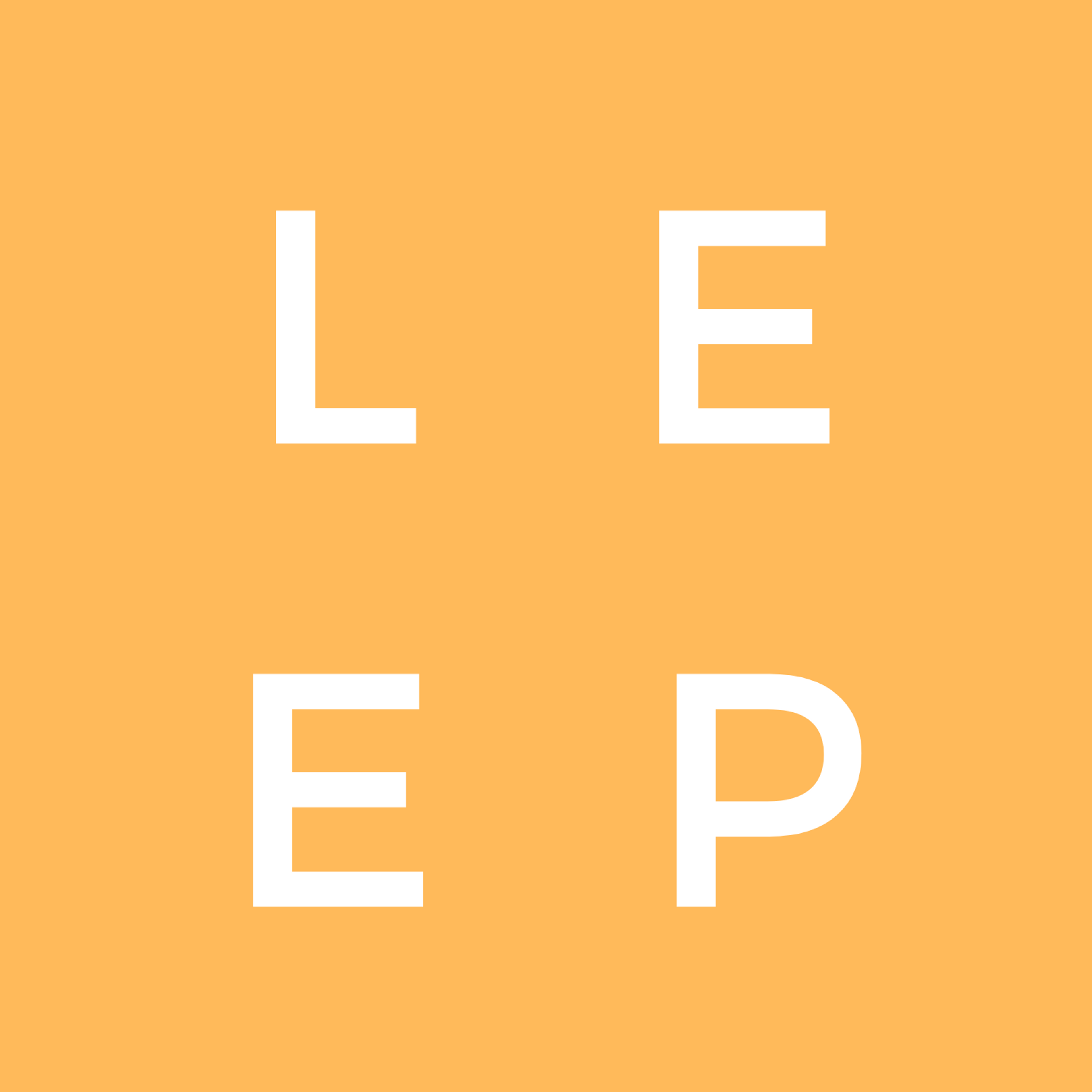
Lead Exposure Elimination Project
Lead Policy Advocacy
Lead Exposure Elimination Project (LEEP) drives effective policies to eliminate lead poisoning across the globe. Its current focus is on ending the sale and manufacture of lead paint worldwide.
Cause area: Improving human wellbeing

What problem is Lead Exposure Elimination Project (LEEP) working on?
An estimated 815 million children — one in three — around the globe have dangerous levels of lead in their bloodstreams, which can hinder their cognitive development and limit their future potential. 94% of these children are in low- and middle-income countries. In addition, adverse health effects related to lead poisoning account for 1% of the global disease burden, including causing 1 million premature deaths annually.
What does LEEP do?
LEEP’s mission is to eliminate childhood lead poisoning and improve the health, wellbeing, and potential of children worldwide. Its paint programmes aim to end the market availability of lead paint with a five-step approach:
- Stakeholder engagement: Develop an understanding of the local context and begin collaborative conversations with government and industry stakeholders.
- Conduct paint study: Determine whether lead-based paints are available on the market.
- Government outreach: Share its research with relevant government ministries and seek commitments for new regulation or enforcement of existing regulation.
- Industry outreach: Provide technical assistance to manufacturers to enable them to switch to lead-free paint.
- Conduct followup paint study: After regulations are newly implemented or enforced, carry out another study to ensure that lead-based paints have successfully been replaced.
In the past two years, LEEP has:
- Received government commitments of regulation implementation in three countries and worked with four other governments.
- Received evidence that three paint manufacturing companies are now reformulating to lead-free.
- Launched lead paint elimination programmes in nine countries and completed paint studies in seven.
If progress continues as expected, LEEP estimates that these programmes will reduce lead poisoning in approximately 3 million children.
What information does Giving What We Can have about the cost-effectiveness of LEEP?
We previously included LEEP as one of our recommended charities based on Founders Pledge’s extensive evaluation highlighting its cost-effectiveness. Founders Pledge found that:
- LEEP’s advocacy has been very successful.
- LEEP is extremely cost-effective — Founders Pledge estimates that it costs $1 to prevent one child’s lead exposure (in expectation), which makes LEEP one of its most cost-effective charities.
- LEEP has a standout team.
Other indicators of LEEP’s effectiveness include:
- LEEP is one of two organisations that Rethink Priorities recommended in its 2021 report for those who want to fund direct lead exposure work.
- LEEP has been awarded grants by Schmidt Futures and Founders Pledge.
- LEEP performed a preliminary cost-effectiveness analysis of its paint programme in Malawi, which suggested that LEEP’s interventions are highly cost-effective and impactful (in expectation). However, LEEP is an early-stage organisation with limited impact data, and it acknowledges uncertainties about its estimates — some of which are explained here. Potential donors are encouraged to get in touch with LEEP if they would like to discuss uncertainties in more depth.
We’ve since updated our recommendations to reflect only organisations recommended by evaluators we’ve looked into as part of our 2023 evaluator investigations; while we expect to soon look into Founders Pledge as part of this more in-depth evaluator research, we haven’t yet. As such, we don't currently include LEEP as one of our recommended programs but you can still donate to it via our donation platform.
Please note that GWWC does not evaluate individual charities. Our recommendations are based on the research of third-party, impact-focused charity evaluators our research team has found to be particularly well-suited to help donors do the most good per dollar, according to their recent evaluator investigations. Our other supported programs are those that align with our charitable purpose — they are working on a high-impact problem and take a reasonably promising approach (based on publicly-available information).
At Giving What We Can, we focus on the effectiveness of an organisation's work -- what the organisation is actually doing and whether their programs are making a big difference. Some others in the charity recommendation space focus instead on the ratio of admin costs to program spending, part of what we’ve termed the “overhead myth.” See why overhead isn’t the full story and learn more about our approach to charity evaluation.